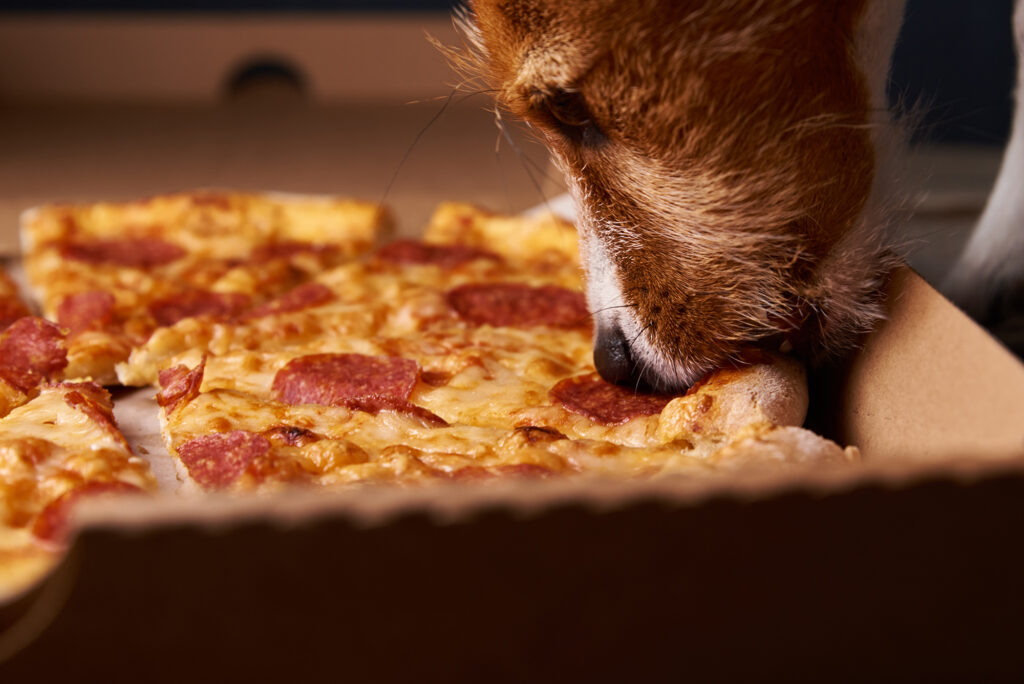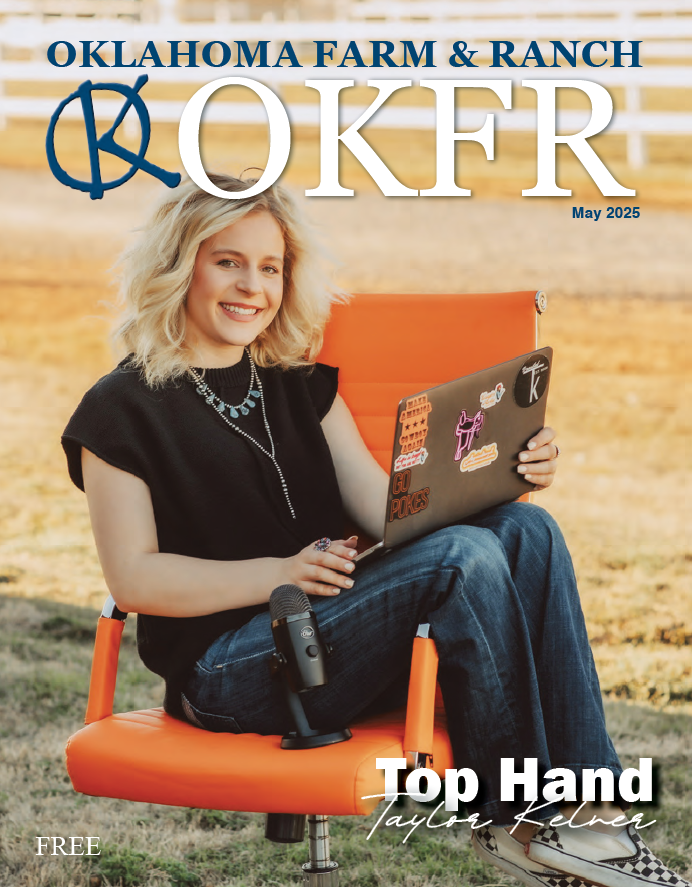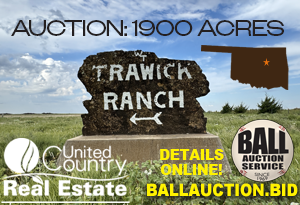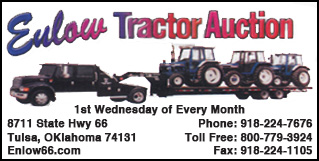Country Lifestyle
The Two Sides of Colten Jesse
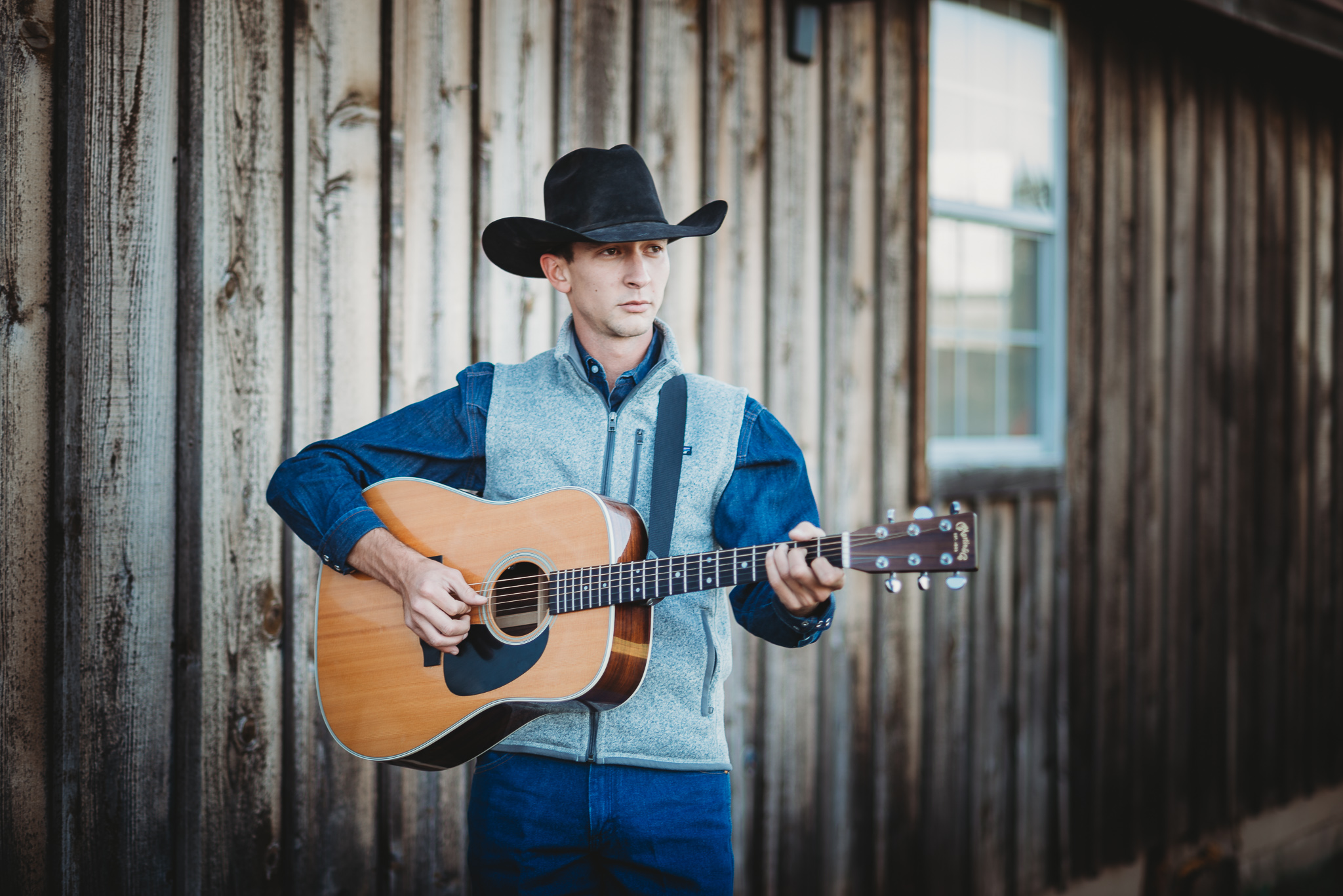
He’s always knew what he wanted to be. From as far back as he can recall, Colten Jesse planned to be a bull rider, spending days and months traveling across the country for an eight-second ride. The now 24-year-old cowboy purchased his Professional Rodeo Cowboys Association permit shortly after his 18th birthday in 2015.
In 2016, he joined the Professional Bull Riders, and over the course of four years won more than $310,000, qualified for the World Finals three of those years, and became a household name in the world of professional bull riding.
While his talent with a bull has been on display, Colten had another gift he occasionally shared with family and close friends. He could sing, write songs, and a play a guitar.
Then, when a nagging hip injury forced a surgery and long recovery at the beginning of 2021, his focus pivoted to the music. The bull rider-turned-troubadour’s musical career is now on an upward trajectory.
The Bulls
Colten grew up in the south central Oklahoma town of Konawa. A third generation bull rider, Colten rose through the typical ranks, beginning with sheep riding around four years old. “I never really quit, after that. After sheep I went to calves, then steers, and then bulls,” he recalled. “No one ever forced me to do anything, but it was what I really wanted to do from an early age.”
He purchased his PRCA permit in 2015, dipping his toes in the professional arena. His career took off in 2016, and he finished the year with more than $46,000 in earnings and ranked 27th in the world standings. That year he qualified for and won the Prairie Circuit Finals Rodeo in Duncan, Okla., and qualified for the Ram National Circuit Finals Rodeo.
He decided to make the switch to the PBR in 2017. “The PBR was just somewhere I always wanted to be. I had some good people who helped me make the best decisions for me. I was able to mature mentally during my time in the PRCA before making the switch and didn’t feel as much pressure to make the finals or anything like that,” he shared.
He made the switch to the PBR late in the season, but still managed to claim a couple good wins in the Real Time Pain Relief Velocity Tour.
In 2018, he had one of his best years, pocketing more than $108,000, including a $41,300 payday for a third-place finish at the Music City Knockout and another $21,456 from a win at the Big Sky PBR in Montana. “It was a good year. I think it was the only healthy whole year I had the whole time. It was technically my rookie year in the PBR. I made my first world finals and set the tone and knew where I was supposed to be,” he shared.
Building off his success in 2018, Colten was eager to get out on the road. A few wins early in the year propelled him higher in the standings, but then disaster struck. “It had started off to be really good. I felt more mature and was having fun, and then wound up blowing my shoulder out that summer,” Colten explained. “I was high enough in the standings I still slid into the finals even though I didn’t go anywhere after that.”
Surgery soon followed. Luckily Colten, who was living in Texas at the time, had one of the best in the business in his corner. “Dr. Tandy Freeman did the surgery and kept an eye on me. I was able to go to physical therapy right down the road from his office,” he said. “I got back to feeling good, and he cleared me to compete at the finals.”
With only a short period of time to practice before the World Finals, the event wasn’t a success. “I was able to get on maybe two practice bulls before I went out there. I still feel like it was no excuse by any means,” he said. “I have never had an outstanding finals like I know I can. It’s definitely something that has haunted me.”
Colten came back in 2020 looking for redemption. “I was ready to rock and roll. I had a really good year. I started to get into my own head and had some hiccups towards the middle of the season, but came back and had a really good summer,” he said. Summer 2020 was highlighted by a win in Bismark, N.D., at the PBR Dakota Community Bank and Trust Invitational, worth $36,770.
Then COVID-19 struck, and Colten had to sit out the next event. Then an old injury in his hip flared up. “It was kind of a dog fight from that point in September through the finals,” he said.
The issue in his hip was one that has plagued him through his career. In 2017 he knew something was wrong, and visits with the doctors resulted in having his labrum in his hip repaired. He also had a bone spur on his femur which had given him fits from an early age. “We finally got that fixed and then it resurfaced in 2020. It was something, I guess it’s just something I’m going to have to deal with. I don’t really have a choice,” he said.
With Dr. Freeman’s help, Colten got a couple injections in his hip to help him make it through the finals. “It helped, but not the way I’d like it to. It was tough, trying to ride bulls with an injury like that. It was always in my mind. I’m not so sure if it wasn’t beating me, mentally,” he admitted. “I think I went to three of the last six events. I ended up going to the finals and I don’t think I rode anything at the finals. That year, 2020, just wound up being pretty tough on me.”
With the PBR World Finals in the books, Dr. Freeman set Colten up with Dr. Thomas Byrd, an orthopedic hip specialist in Nashville. “I went and had hip surgery in January, and have just been playing music since then,” he shared. “I haven’t been on a bull since the last one I got on in AT&T Stadium in November of 2020.”
Quietly, he added, “I do miss it.”
The Music
With a looming recovery period of at least six months, Colten crafted a new plan for 2021. “I ended up buying a house and land in Davis, and just had a lot of stuff going on. I knew I wouldn’t be cleared to ride until late in the season, so I decided to take the year off and work on my house and my land and my music,” he explained.
Colten’s musical career began – and was short-lived – in junior high. “I played in the band in junior high. It was more of a social thing then, because my friends were doing it, too. I did enjoy it, and tried really hard at it. I played the saxophone, and that was about it,” he shared with a quick laugh.
He quit the band in eighth grade, then purchased his first guitar at a pawn shop when he was 18 following an injury. “I had that injury, I don’t even remember what it was, but I was limited in what I could do, so I would just sit there and play and play and play on that guitar,” he remembered. “I had some other buddies that would play and they taught me a little bit, and then I taught myself as I went along.”
He kept his talent to himself, and didn’t really play much in front of people.
Then he began to write his own songs. The first, titled “Marlboro Man,” was about an old friend. “His name was Jim Burns, and he lived down the road and was a family friend. He meant a lot to a lot of us. I wrote it for a small group of people, talking about how he was, and people just kind of latched on to that song. They’ll write me and tell me that it makes them think of their grandpa, or brother, or dad, and I think that’s pretty cool,” he said.
Colten wound up sending some songs to friends, and one posted a video to social media. “I didn’t have it finished at the time, but it started to blow up on social media. It wasn’t finished at the time, but people were messaging me and it compelled me to finish it. I went out and bought some home audio equipment, and recorded it and another one right their in my kitchen,” he admitted.
One of those first songs was “Firewater,” which he’d written after a rough time at a PBR event. “I was in Billings at the PBR, and I thought something was going on with my hip. I went ahead and got on my first bull that night, and it wasn’t working. I wound up turning out the rest of the weekend, and I guess I was just down. I went out to the bar with my friends, and wound up writing that song,” he said. “I was feeling defeated but knew I had to keep going. The song might have been about whiskey, but it was more about dealing with life in general.”
Read more about Colten in the December 2021 issue of Oklahoma Farm & Ranch.
Country Lifestyle
Riding for the Brand
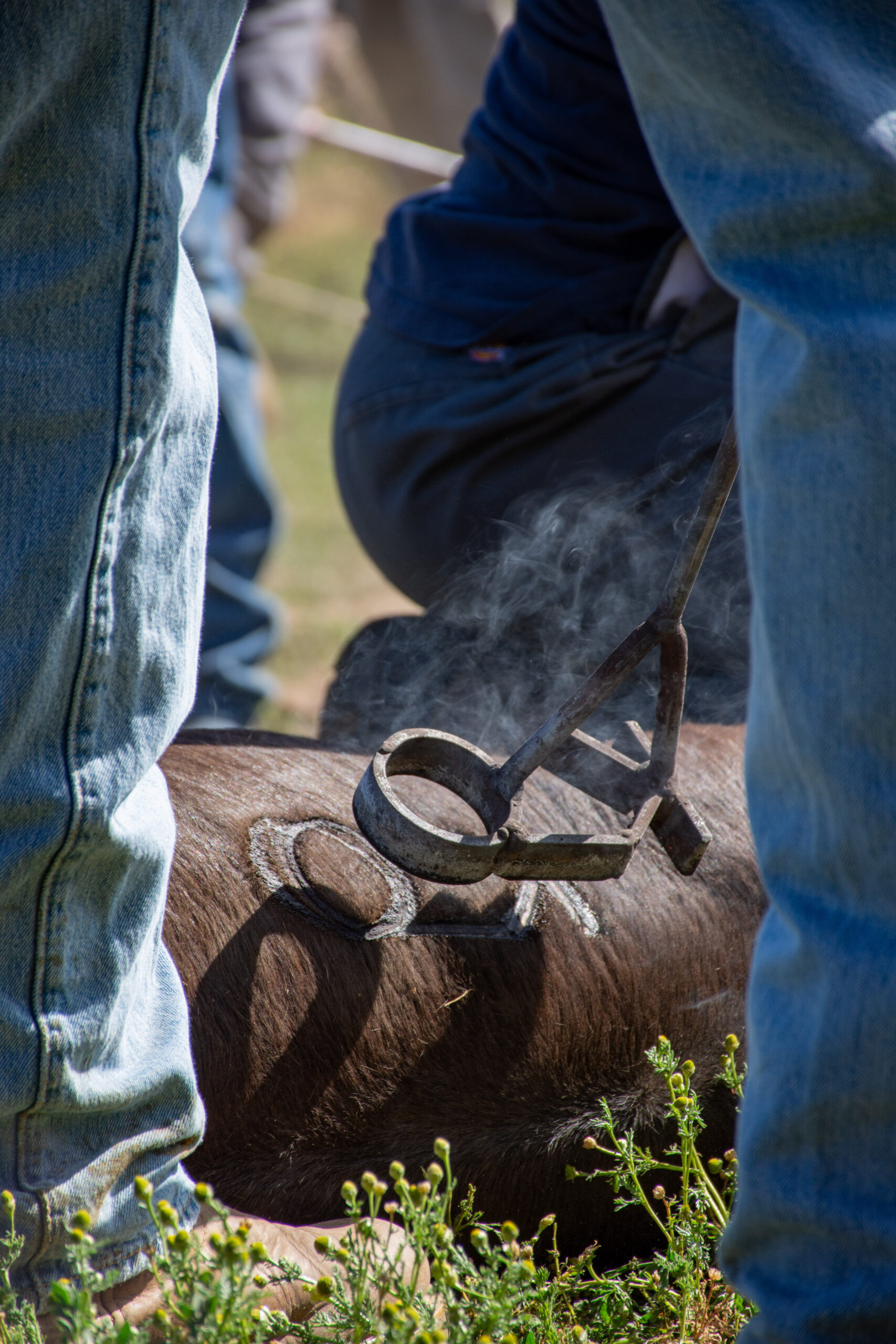
By: Christopher Dysinger
According to the Code of the West a man who has integrity is one who rides for the brand. If you are unfamiliar with cowboy parlance this phrase is used to describe being loyal to the outfit you work for. Cowboys were, “intensely loyal to the outfit they were working for and would fight to the death for it. They would follow their wagon boss through hell and never complain.” -Teddy Blue Abbot. Riding for the brand means being loyal and when I consider what it means to be loyal I am reminded of the words of the Lord Jesus to His disciples in Matthew 16:24, “Then said Jesus unto His disciples, If any man will come after Me, let him deny himself, and take up his cross and follow Me.” To me, to take up the cross and follow the Lord is the epitome of what it means to ride for the brand.
When you place your trust in the Lord Jesus you are signing on to His outfit, to speak the language of the West. When you called upon the name of the Lord Jesus by faith, He saved you and from this point you are riding for His brand. In taking up your cross and following Him you have pledged to be loyal, and this means you face any hardship or trial like a cowboy on the trail moving the herd. Any complaint must be swallowed in the same way you would swallow a cup of coffee. When I hear our faith and loyalty to the Lord Jesus put into these terms it stirs something within me that moves me to keep right on riding for the brand.
Louis L’amour wrote, “Riding for the brand was an expression of loyalty to a man’s employer or the particular outfit he rode for. It was considered a compliment of the highest order in an almost feudal society. If a man didn’t like a ranch or the way they conducted their affairs he was free to quit, and many did; but if he stayed, he gave loyalty and expected it. A man was rarely judged by his past only by his actions. Many a man who came west left things behind him he would rather forget, so it was not the custom to ask questions. Much was forgiven if a man had courage and integrity and if he did his job. If a man gave less than his best, somebody always had to pick up the slack, and he was not admired.” It is the same when a person gives his or her heart to Jesus.
When you come to the Lord Jesus you are not judged by your past. When you come to the Lord Jesus, repenting of sin and seeking forgiveness, everything from your past is left behind. All will be forgiven. 1 John 1:9 reads, “If we confess our sins, He is faithful and just to forgive us our sins, and to cleanse us from all unrighteousness.” When you place your faith in the Lord Jesus you are promising to be loyal and in return you will receive the same. He has promised that He will never leave us or forsake us. When you walk with the Lord Jesus through life you are indeed, “riding for the brand.”
“Riding for the brand” is not just an expression of loyalty nor is it just an expression of pride, it is also an expression of love. When a cowboy claims to be riding for the brand, he is telling any other outfit who may seek his loyalty, that he cannot give it, because he has given his word to another. It is the same when we pledge our faith and loyalty to the Lord Jesus. If any would call us away from Christ we cannot go, because we are riding for the brand.
The End
This article is an excerpt from the book, The Bible and the Code of the West by Dr. Christopher Dysinger.
Country Lifestyle
Farm Dogs & Table Scraps
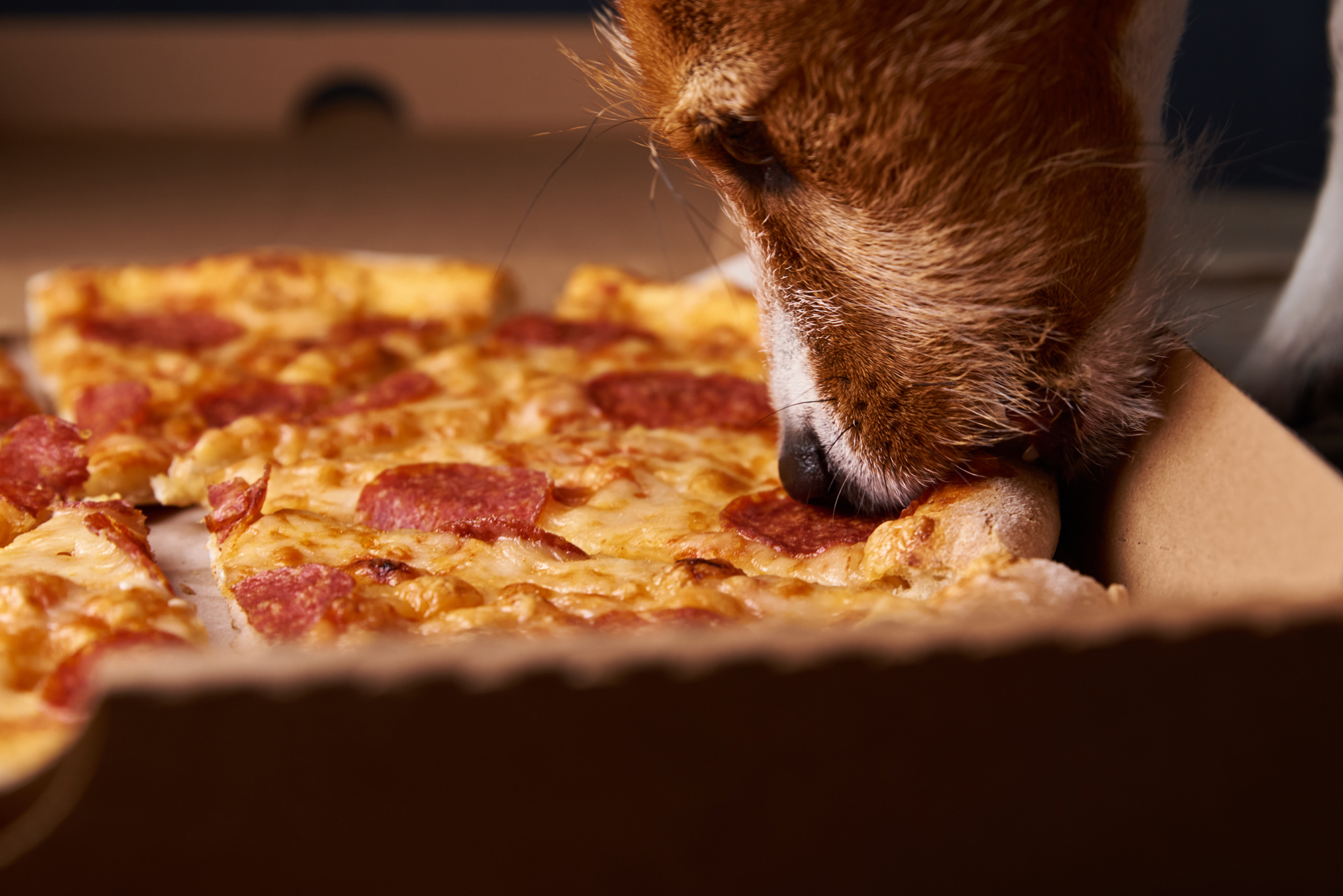
What’s Safe and What’s Not?
Growing up on a farm, our dogs were tough. They roamed the pastures, slept under the barn, and ate just about anything they could get their paws on—whether we meant for them to or not. I’ll admit, I never thought twice when one of our old cow dogs snatched a biscuit off the table or licked up a spill from the barn floor. I’ve even seen a dog steal a whole rib bone off a plate and trot off like he’d won the lottery. And somehow, they always seemed fine.
But here’s the thing—just because they survived doesn’t mean it was safe. For every farm dog that lucked out, there’s another that wasn’t so fortunate. Some human foods can be downright toxic to dogs, and a little bit of bad luck (or a smaller, more sensitive dog) can turn a harmless snack into an emergency.
Common toxic foods lying around the farmhouse
If you’ve got a farm dog—or any dog, really—you need to be aware of the dangers lurking in everyday foods. Some of the biggest culprits include:
Chocolate – The darker it is, the worse it is. Even a little can cause vomiting, seizures, or worse.
Grapes & Raisins – No one’s exactly sure why, but they can cause kidney failure fast.
Onions & Garlic – In large enough amounts, these can destroy red blood cells, leading to anemia.
Xylitol (Found in Sugar-Free Gum & Candy) – This artificial sweetener can send a dog’s blood sugar crashing and cause liver failure.
Alcohol – Even small amounts can be deadly to dogs, affecting their nervous system much more than it does ours.
Bones from Cooked Meat – While not necessarily toxic, they can splinter and cause serious internal injuries.
Macadamia Nuts – These can lead to weakness, vomiting, and even paralysis in dogs.
What to do if your dog eats something toxic
First, don’t panic—but don’t ignore it either. If you know your dog ate something dangerous, call your vet immediately. They can tell you whether to induce vomiting or if it’s something that requires urgent care. If it’s after hours, contact the ASPCA Animal Poison Control Center (888-426-4435) or the Pet Poison Helpline (855-764-7661).
Prevention is always the best medicine, so keep toxic foods out of reach. That might mean keeping the trash can secured, making sure kids don’t slip the dog a treat under the table, or just being more mindful of what’s left on the counter.
Our farm dogs might have been lucky, but luck isn’t a great strategy when it comes to their health. A little awareness goes a long way in making sure they stay happy, healthy, and ready for the next day’s work.
For more information
ASPCA Animal Poison Control: www.aspca.org/pet-care/animal-poison-control
Pet Poison Helpline: www.petpoisonhelpline.com
Visit www.akc.org/expert-advice/nutrition/foods-your-dog-should-never-eat
Country Lifestyle
Summer Squash and Corn Chowder

By Lacey Vilhauer
Total time: 40 minutes
Servings: 6-7
Ingredients
- 6 slices bacon, cooked and crumbled and 1 1/2 Tbsp rendered bacon fat reserved
- 1 1/2 lbs yellow squash, chopped (about 3 medium)
- 2/3 cup thinly sliced celery
- 1 cup diced onion
- 1 Tbsp flour
- 2 cloves garlic, minced
- 2 3/4 cup milk (I used 1%)
- 5 cups canned or fresh cut corn (from about 6 ears corn), divided
- 1/2 cup heavy cream
- 1 1/2 tsp chopped fresh thyme (or 1/2 tsp dried)
- 3/4 tsp salt, then more to taste
- 1/4 tsp freshly ground black pepper, then more to taste if desired
- 3/4 cup shredded cheddar cheese, for serving
- Chopped green onion for garnish (optional)
Instructions
Heat 4 tsp reserved bacon fat in a large pot over medium-high heat. Add celery and onion and sauté 2 minutes then add the squash.
Saute until tender, about 6 minutes, adding in garlic and flour during last 2 minutes of sauteing. Reduce heat slightly.
Add 1 1/2 cups milk, 2 cups of the corn, thyme, salt and pepper to the sauteed veggies.
To a blender add remaining 3 cups of corn, remaining 1 1/4 cups milk and the cream. Process in blender until nearly smooth (about 30 seconds).
Add pureed mixture to pot and stir to blend. Cook until mixture reaches a light boil.
Serve warm with shredded cheese, crumbled bacon and sliced green onions if desired.
-
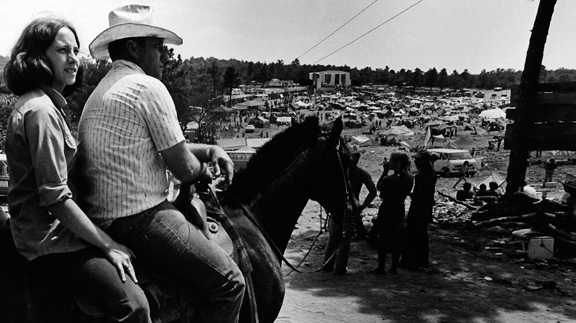
 Attractions8 years ago
Attractions8 years ago48 Hours in Atoka Remembered
-
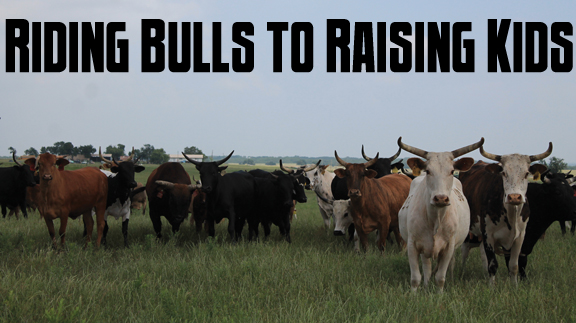
 Country Lifestyle9 months ago
Country Lifestyle9 months agoJuly 2017 Profile: J.W. Hart
-
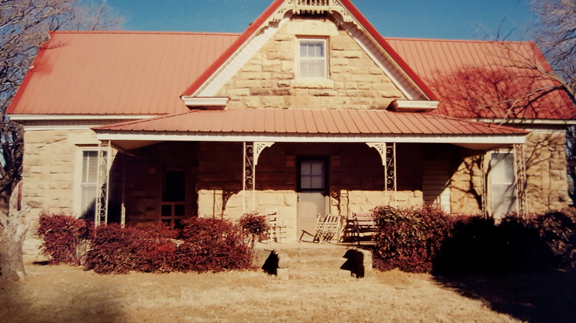
 Country Lifestyle9 years ago
Country Lifestyle9 years agoThe House a Treasure Built
-

 Outdoors7 years ago
Outdoors7 years agoGrazing Oklahoma: Honey Locust
-
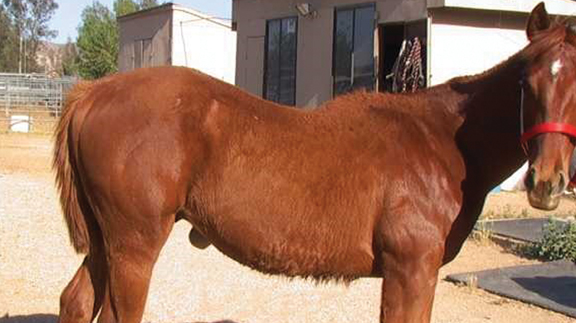
 Equine8 years ago
Equine8 years agoUmbilical Hernia
-
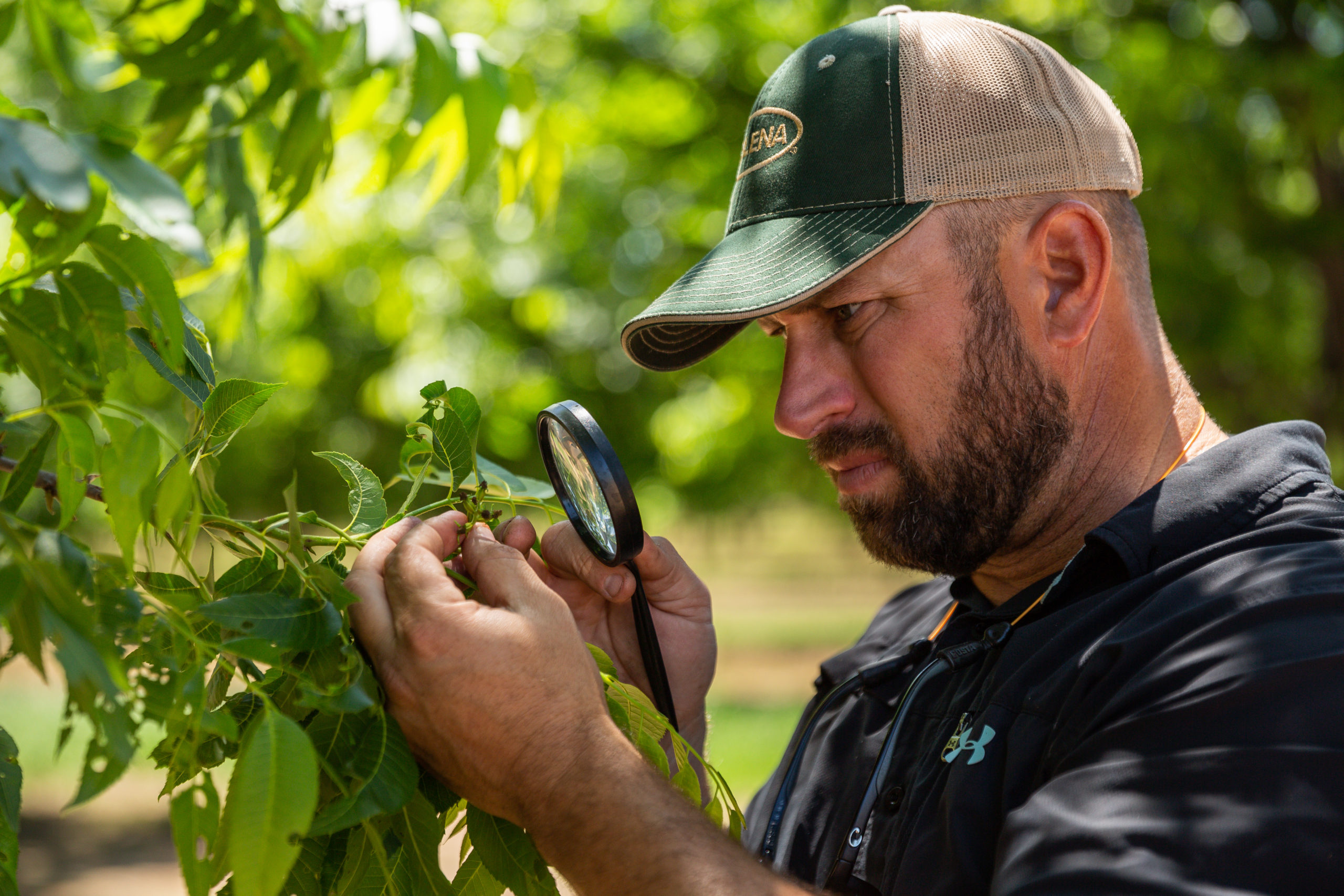
 Outdoors5 years ago
Outdoors5 years agoPecan Production Information: Online Resources for Growers
-
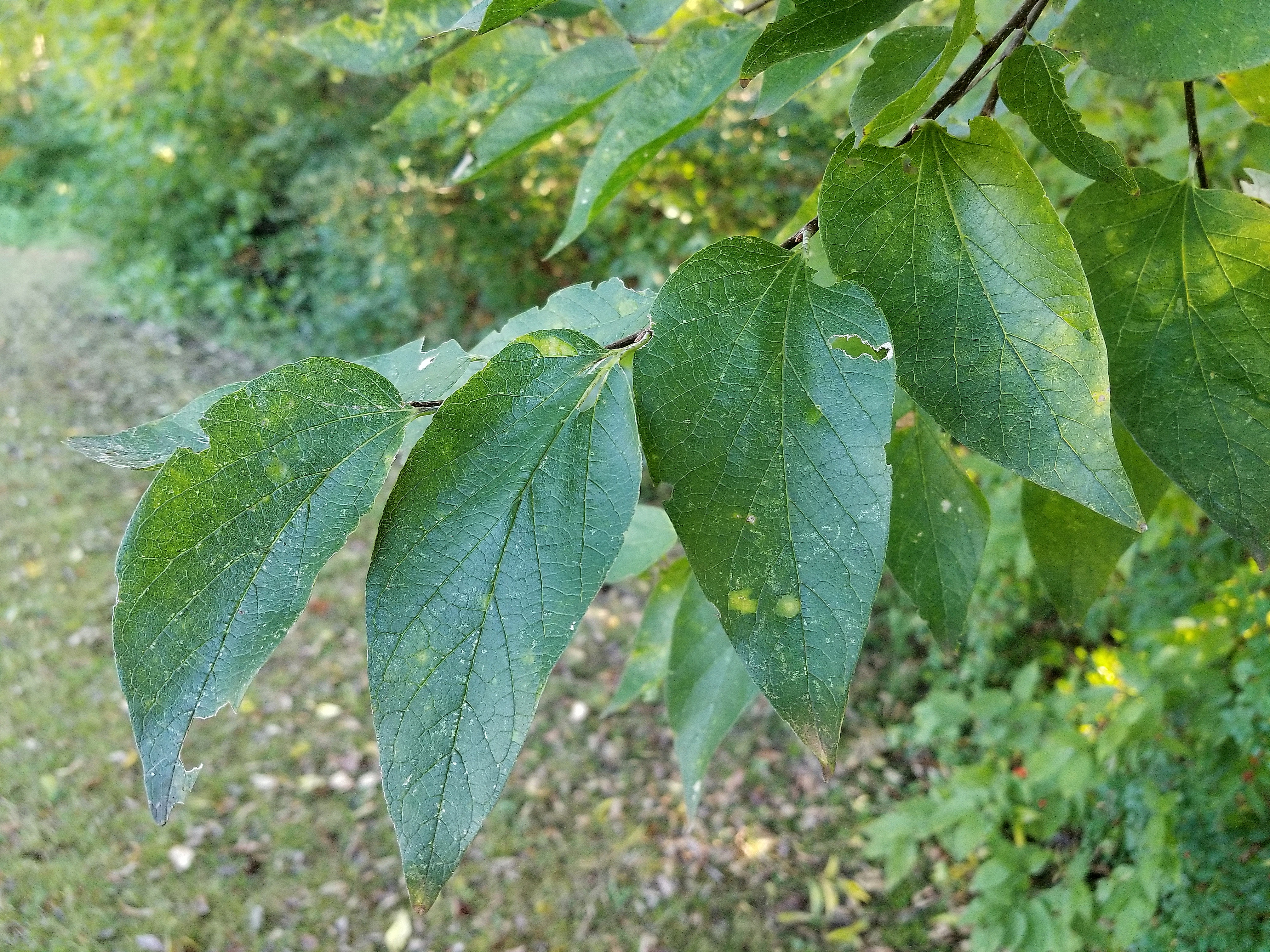
 Farm & Ranch7 years ago
Farm & Ranch7 years agoHackberry (Celtis spp.)
-
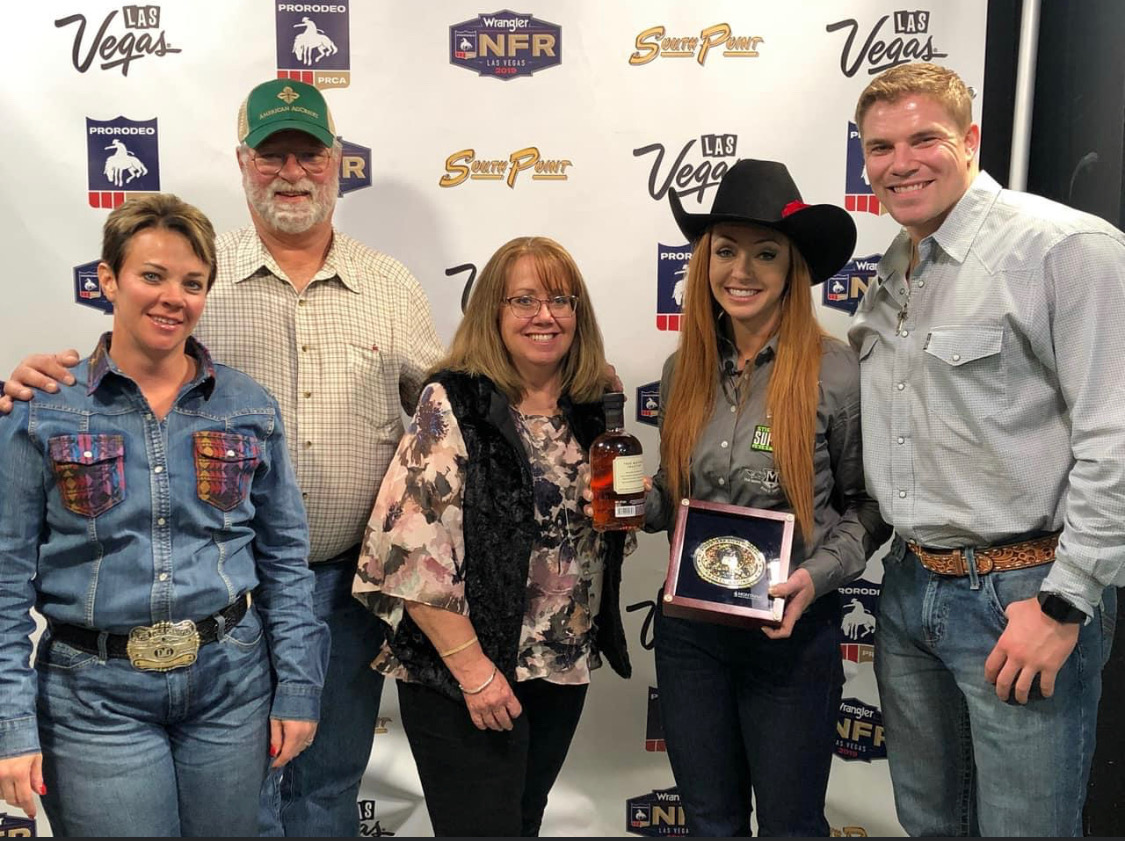
 Equine5 years ago
Equine5 years agoOn the Road with Emily Miller-Beisel
